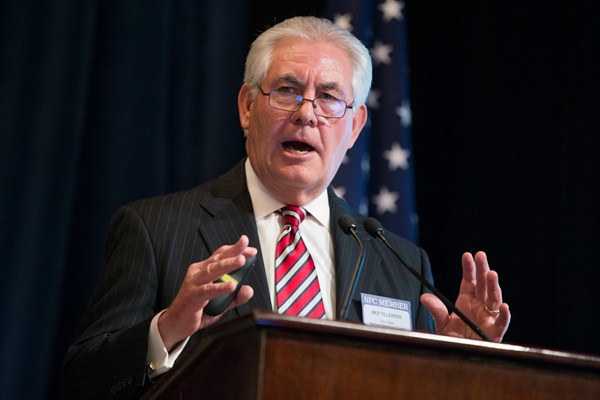Decoding the national security consequences of U.S. President-elect Donald Trump’s proposed Cabinet is tricky. There’s a tendency to look for substantive connective tissue among the names, beyond loyalty to Trump. On climate change, skepticism dominates, with deeply disturbing implications. But on Russia, China, Iran and other major national security issues, expect policy battles within the Trump camp. Such diversity does not seem to trouble the president-elect, who thrives on keeping others guessing.
With most of the Trump Cabinet and other senior national security positions now filled, some patterns of a new national security agenda can be discerned. The loyalists named to key posts may shed their own past policy positions to be in tune with their leader. But since his views on many global issues are undeveloped, the pundits are trying to decode what unifies the proposed team, and where there are likely to be internal struggles over policy.
So far, it looks like climate change and energy policy will benefit from a broad consensus in the new team. Skepticism about climate change, an enduring belief that fossil fuels are the bedrock of the American economy, and a disinterest in the dynamic new world of alternative energies seem to unite the proposed appointees to State, Energy and the Environmental Protection Agency (EPA).

